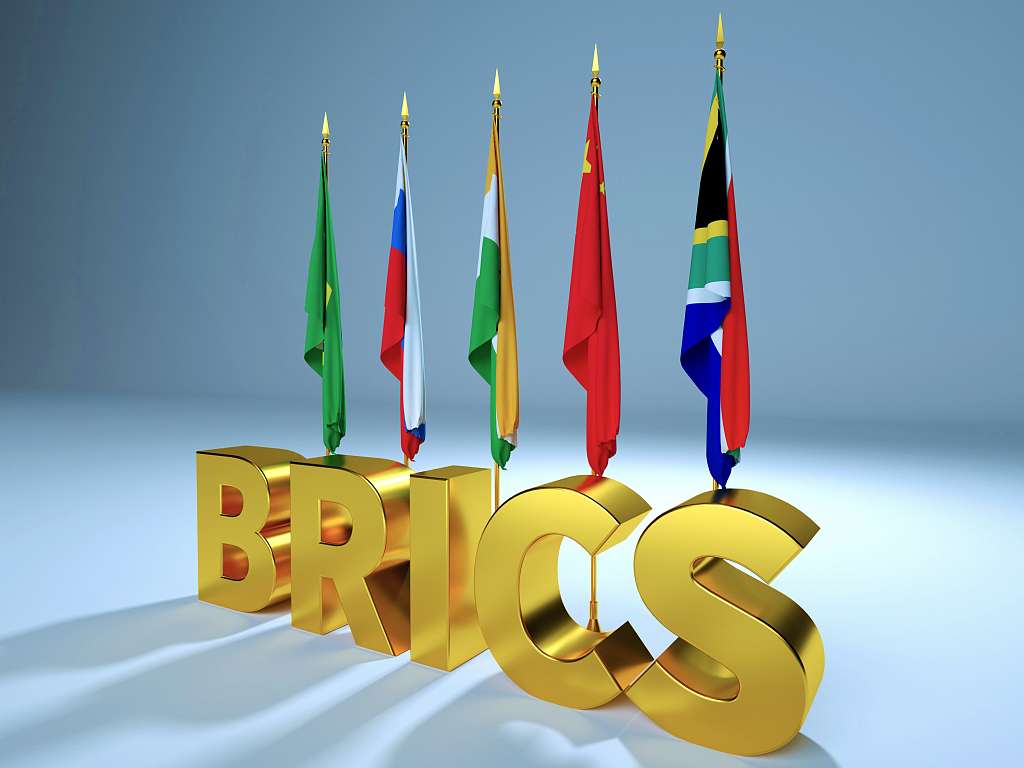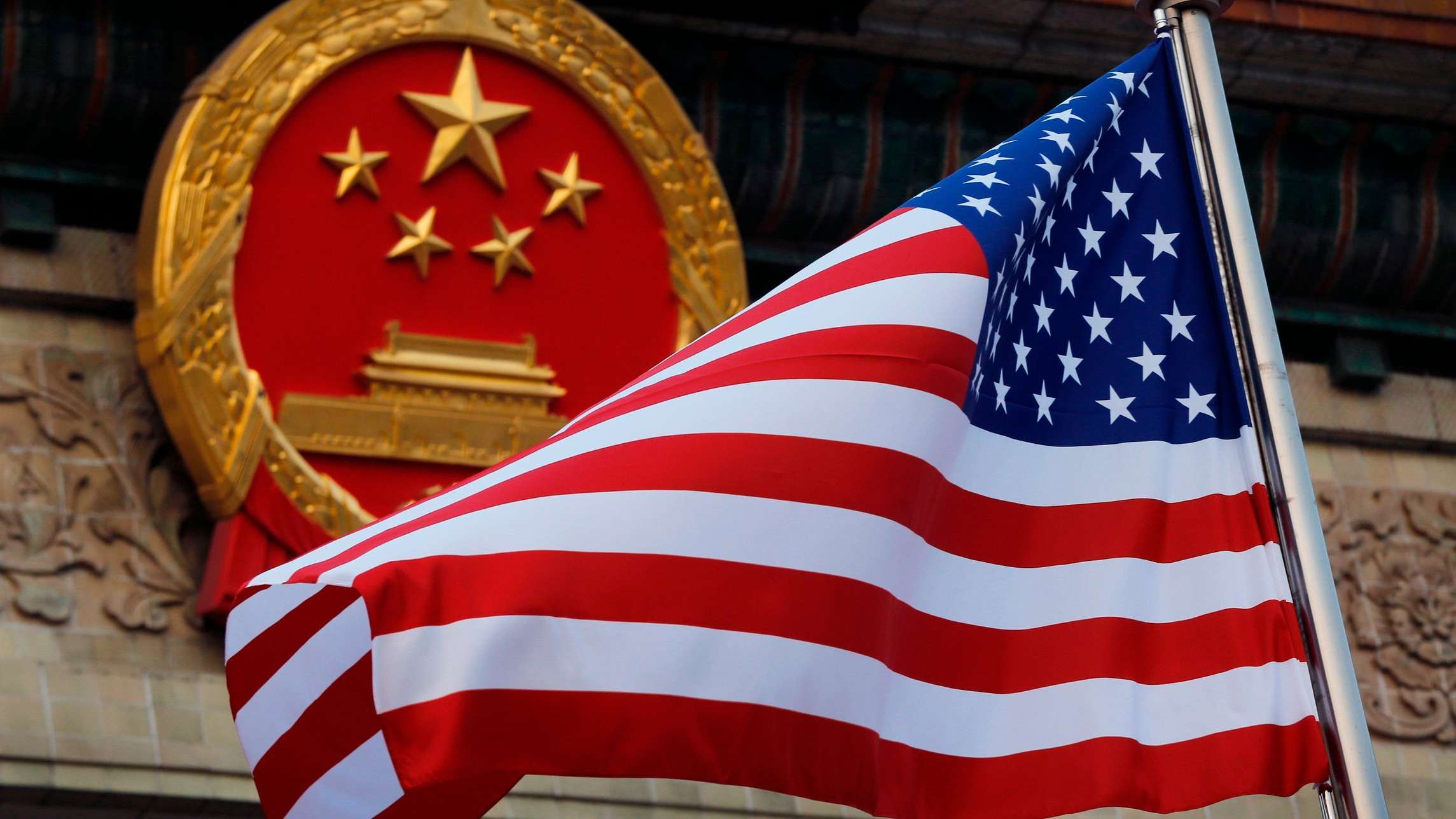China and the United States are emerging as the competitors for world leadership and economic dominance. This competition is being waged at a steep cost and more conflicts and divisions are in the process. The resources of the world are being spent on finding weaknesses and winning allies, while it is becoming increasing difficult for poorer nations to keep up with the rising costs and inflation. The economic war can turn into an all-out military struggle at any point in time. Both China and America are on a dangerous trajectory at the moment. The signs and symptoms are worrying at best and the consequences of a conflict between these nations are being felt across the globe even before it has begun.
During the time of the Republican Government under Donald Trump, the American Government launched a formal and aggressive program to damage Chinese economic prospects. Tariffs were slammed on Chinese exports to America and Chinese companies working in the US were discouraged through a range of measures. After Trump, Joe Biden did not change much and continued with the Anti-China policies; in international diplomacy and trade, this is known as protectionism. China was quick to respond and it slammed American companies with taxes and discouraged American exports.
Recently, the US Government launched a program to limit the access of the Chinese government to latest machinery and technology that is being created and manufactured by the Americans. Special technology parks are being created where newly created software and machinery will be protected through highly secure and fenced facilities. Because of this policy, many American companies are being forced to shift their production facilities from China to other parts of the world. This is being done by ignoring the fact that these American companies earn their profits by selling to the huge population of China and Asia as a whole. The economic race and deadlock between China and the U.S will cause decrease in profits and rise in inflation around the world.
America and China are highly dependent on each other. It has been argued by many geo-strategists that the rise of China is mainly due to the policies of the U.S and the shifting of U.S companies to China for their production. Learning from the expertise of these companies, China progressed in the industrial world and became a giant within a few decades. On the other hand, Americans gained access to a huge market where they could sell their products and produce their goods efficiently with low labor costs. The trade volume between China and U.S is still in billions of dollars but it is steadily declining. The World could gain a remarkable boost to trade and connectivity if this interdependence and cost-effectiveness continued between the two countries but unfortunately this is not the case and American companies are relocating away from China. With the advent of economic competition between China and the U.S, Europe has been caught in the middle. In his recent press conference President of France Emmanuel Macron made it clear that Europe is not in a position to let go cheap Russian fuel and neither is it in a position to let go of partnership with China.
His views were greatly appreciated by other European leaders that Europe must not become a victim of China-U.S aggression. Both countries are economic giants while Europe is in economic distress due to the Ukraine War. The rise in security costs and cutting of Russian fuel supply has sent shockwaves in the European markets. At this time, China is in a position to keep low costs, provide revenue and maintain the momentum of the economy to combat inflation and poverty. Many nations are being forced to choose sides which will eventually create a Western and Eastern bloc in the world and this is a development that is to be avoided.
The U.S-China conflict and adversarial mindset is pushing the global economy into crisis. The fluctuation in prices, the shortage of credit and funding and rise in prices is pushing poorer nations to default. Countries like Lebanon have been in default for the last three years. The division between China and world financial institutions like the International Monetary Fund (IMF) and World Bank has resulted in lack of credit and funding for poorer countries, and as a result of this, Sri Lanka had to declare default. The Turkish currency lost considerable value in weeks and same is the case with Pakistan.

Any country that has a negative trade balance is moving towards economic default and international institutions are not in a position to provide relief thanks to the disagreement of operations between U.S and China. Further, both countries are forming alliances that are able to counter the growth of the other. America is bolstering its alliances in the form of India, Australia, Japan and Canada while China is increasing its own foothold in the form of its One Belt One Road (OBOR) Project and the revival of the silk route in the form of CPEC. BRICS is another initiative that is gaining ground which seeks to de-seat the Dollar as the reserve currency of the world. Many nations are already trading in their own currencies, moving away from the Dollar but is must be clear that a large number of countries have their national reserves in the form of Dollars alone and if the value of the Dollar is hurt, these nations could move into economic shock or even default. The first setback will be to the U.S and the rest will be to those nations that are dependent on the American economy and the Dollar in the international market. Choosing sides will be a painful process for many poorer nations the world over.
In the historical context, it must be understood that the clash of economies in the era of colonization and industrialization led to two World Wars that killed millions of people and much of the industrial nations were destroyed in the process. And with the current military technology and defense budgets involved, any war between China and the U.S will be nothing short of a catastrophe. The world must not forget what happened when economic clashes turned into military conflicts.
Pakistan is one of those nations that have been hurt by international rise in fuel and food prices. The historical negative trade balance has brought the economy to its knees. But it must be remembered that it is the negative trade that damaged the economy and it is a focus in improving trade balance that will solve the problem. Pakistan must focus on its own industrialization, self-reliance and technology transfer and investments through joint-ventures with Chinese counterparts. China is on another great leap forward and we being the neighbors of this great nation must play our part in deriving mutual benefit and gain from China’s expansion. Pakistan’s trade deficit has been reduced by over 40% in the last few months and there is a huge potential for expansion in the economy. It is high time for the leaders and business community to reach out to investors and industrial giants to expand towards Pakistan which has all the human resources and capability to become an industrialized nation. Just like before in our history, it is “Now or Never” for Pakistan.




